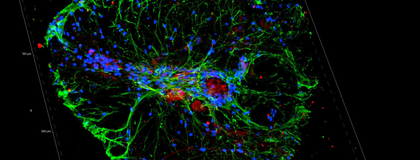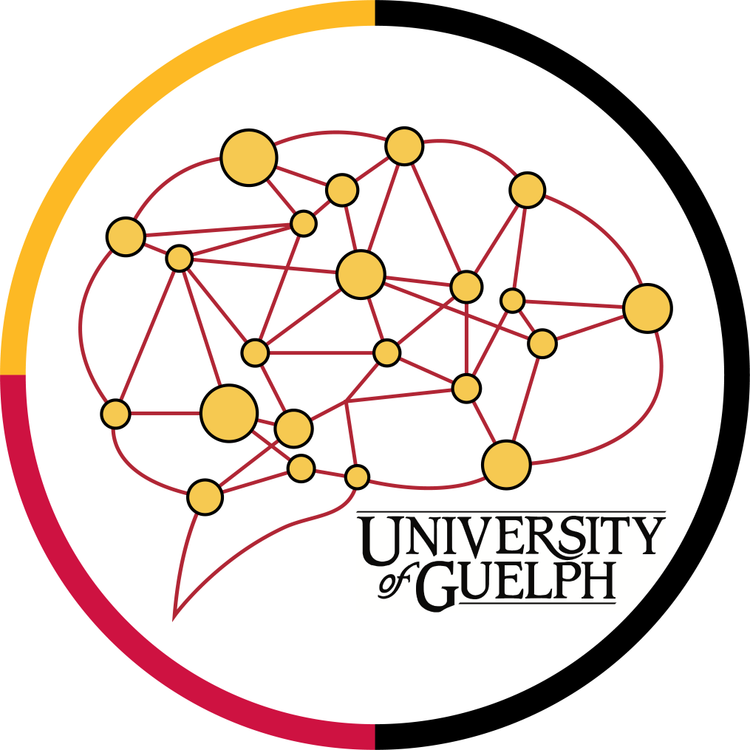
Collaborative Specialization in Neuroscience
The Collaborative Specialization in Neuroscience offers the opportunity for master’s and PhD students to combine their departmental degree program with multidisciplinary exposure to the field of neuroscience.
The specialization fosters strong collaborative efforts between faculty and students working across various levels of analysis, including molecular, cellular, systems, and behavioural research, providing students with the best possible foundation for academic careers in neuroscience and related area, as well as specialized knowledge for careers in human and veterinary medicine and biotechnology, among other paths.
Graduate studies at the University of Guelph is supported by internationally renowned faculty who are engaged in cutting-edge research and practice. You will have an opportunity to work closely with faculty members who are committed to the development of their students and will empower you to think critically, explore new realms of knowledge, and apply what you have learned in order to develop the skills you need to be competitive in your chosen discipline.

Participating Departments
The Collaborative Specialization in Neuroscience is available to master’s and PhD students studying in the following departments:
- Animal Biosciences
- Biomedical Sciences
- Clinical Studies
- Human Health Sciences
- Integrative Biology
- Molecular & Cellular Biology
- Pathobiology
- Philosophy (PhD only)
- Population Medicine
- Psychology
Neuroscience is supported by faculty and researchers in four departments: Molecular and Cellular Biology, Human Health Sciences, Biomedical Sciences, and Psychology. Learn more about Neuroscience at Guelph.

Program Details
Doctoral and master’s (thesis or course work and major research paper) students wishing to undertake graduate studies with an emphasis on neuroscience will be admitted by a participating department and will register in both the participating department and in the collaborative specialization.
Master's program
In addition to coursework in their respective departments, students in a master’s program must complete NEUR*6000 Principles of Neuroscience, as well as registering for NEUR*6100 Seminar in Neuroscience every Fall and Winter semester that they are in the program.
PhD program
If a student enters the Collaborative PhD Specialization in Neuroscience at the doctoral level, in addition to coursework in their respective departments, they must complete NEUR*6000 Principles of Neuroscience or show evidence of course equivalence in prior training.
Students must be engaged in neuroscience dissertation research. Doctoral students must also enroll in NEUR*6100 Seminar in Neuroscience (0.0 credit) every Fall and Winter semester that they are in the program.
Hear from Graduates
Admissions
Prospective students can apply at the time of their application to the University of Guelph. The application process has two stages: first, application to the primary program of interest, identifying interest in the collaborative specialization as a secondary focus. If the student is admitted to the primary program, the second stage is then admission to the collaborative specialization. Students may add the collaborative specialization at any time during their degree (except for the last semester before graduation), as long as they complete the program requirements via a “Study Option or Degree Program Transfer” form with the Graduate Program Assistant in their home department.
Contact Us
Dr. Jasmin Lalonde, Director and Graduate Program Coordinator
jlalon07@uoguelph.ca
519-824-4120 x54706
Graduate Program Assistant
cbsmcb@uoguelph.ca
519-824-4120 x56246



